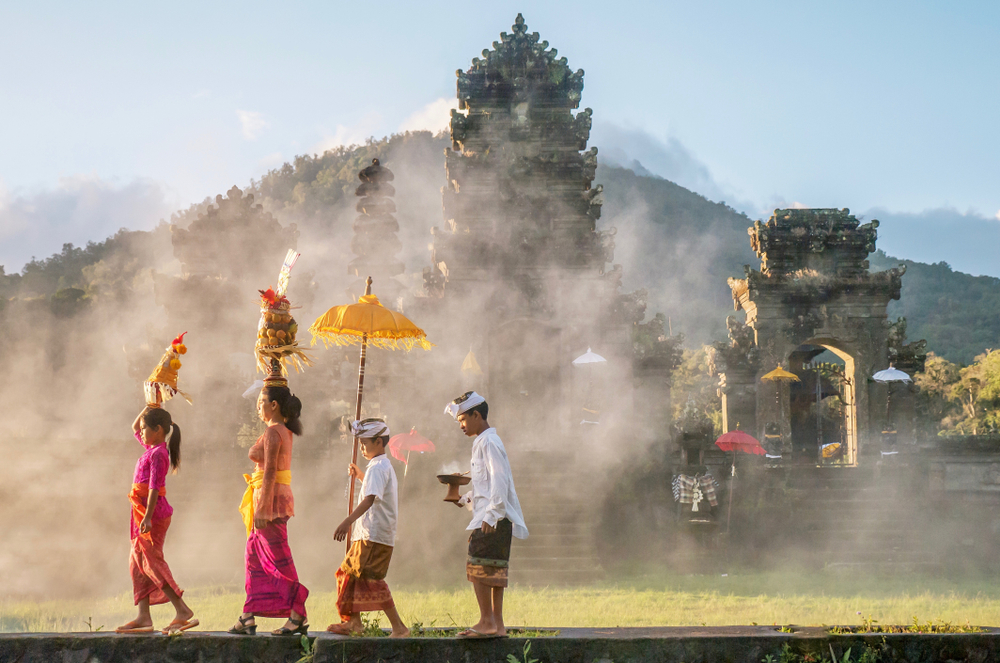Indonesia’s global leadership moment
The bar may be set high and the world facing myriad challenges, but Indonesia as host of this year’s G20 summit promises much-needed ambition, optimism and energy for the global recovery agenda
As G20 leaders prepare to meet in Bali, Indonesia faces a pivotal leadership moment on the global stage. Set against the backdrop of a Covid-19–induced economic crisis, exacerbated by Russia’s ongoing war in Ukraine and deepening United States-China rivalry, Indonesia’s diplomatic aspiration to be a global ‘bridge builder’ will be put to the test.
Expectations should be kept in check. It will be a difficult meeting set to an ambitious agenda. At the very least, Indonesia’s success will be in reinforcing the principles of dialogue and cooperation as the underpinnings of global governance.
For President Joko Widodo, stepping into the final stages of his two-term leadership, the stakes are particularly high. His personal legacy will rest not only in the global outcomes, but in what might be achieved for Indonesia’s regional leadership ambitions, and for recovery in the domestic economy.
Jokowi attended his first G20 in Brisbane in 2014, just weeks after his inauguration. At the time, his preference for focusing on domestic affairs was well known, and rumours that he would bypass the major event (repeated in subsequent years) loomed large.
In recent years, Jokowi has engaged more actively in the dynamics of the G20. It reflects an important shift. Though not necessarily reflecting a newfound preference for the international domain, it signals his recognition that Indonesia’s long-term prospects are intrinsically tied to the dynamics of the global economy.
No easy feat
Taking on the G20 presidency in 2022 was never going to be an easy feat. Despite what some called the ‘mind boggling confluence of problems and shocks’, Indonesia has advanced G20 dialogue, even if consensus has not always been achieved. Making it clear from the outset that he had no interest in the dynamics of global geopolitics, Jokowi has personally engaged with his global counterparts, including Russia’s Vladimir Putin on problematic G20 issues.
While his aspirations for world peace may have been rebuffed, Jokowi has reinforced the G20 as a mechanism for joint and inclusive efforts or solutions for recovery. He has been careful to maintain Indonesia’s characteristic ‘free and active’ foreign policy approach – a position that has garnered support from key partners, including Australia, and will likely avert any large-scale boycott of the Bali Summit.
At a regional level, Indonesia’s G20 leadership aligns to ongoing aspirations for Southeast Asia, particularly as Indonesia prepares to take on the rotating presidency of the Association of Southeast Asian Nations in 2023.
The ASEAN agenda will undoubtedly benefit from Indonesia’s engagement in G20 economic policy coordination, from decarbonisation to digital transformation. An increasingly ambitious Indonesia will likely push for reform of the regional architecture to shore up its relevance in an increasingly contested Indo-Pacific landscape. Yet, while stormy headwinds prevail, there is no guarantee that Indonesia’s ambitious ideas will sail through.
Despite their larger ambitions, Indonesian leaders expect the most significant outcomes from the G20 hosting year will be felt at home. The Ministry of Foreign Affairs points to the expected $100 million influx into the domestic economy from an expected 20,000 international delegates – dispersed by virtue of clever planning throughout the archipelago.
Efforts invested
Much effort has been invested, including through regulatory change to ensure G20 agenda discussions ‘support and boost economic recovery activity in Indonesia’. Forward initiatives, including the 2021 relaxation of restrictions on foreign direct investment into priority sectors, such as telecommunications and digital infrastructure, signal the strong imperative to tie the G20 agenda to domestic opportunity.
Throughout its presidency, interactions between G20 engagement groups, including the Business 20 and Women 20, and local interest groups and communities have generated awareness and positive messaging on G20 priorities, such as women’s education and economic participation. It has not all been smooth sailing. Protests surrounding the W20 meeting at Lake Toba highlighting the exclusion of local Indigenous voices from the economic empowerment agenda – a salient issue for the G20 policy agenda more broadly – took some shine off the conversations.
Finally, the public diplomacy opportunity to showcase Indonesia to the world, as ‘a starting point for restoring post-pandemic economic confidence at home and internationally’ was not to be missed. Championing Indonesia’s place in the global spotlight, Sandiaga Uno – the charismatic minister for tourism and creative economy – suggested that the G20 will attract some 1.5 million foreign tourists to Bali and 3.6 million tourists before the end of the year.
Just over two decades ago, some considered Indonesia’s inclusion in the G20 surprising. Today, as its G20 presidency ends, the archipelagic Southeast Asian country reflects much-needed ambition, optimism and energy for the global recovery agenda. The bar is set high, but these qualities will go a long way to ensuring that the 2022 Bali Summit – whatever is achieved – will deliver some success on all fronts.












